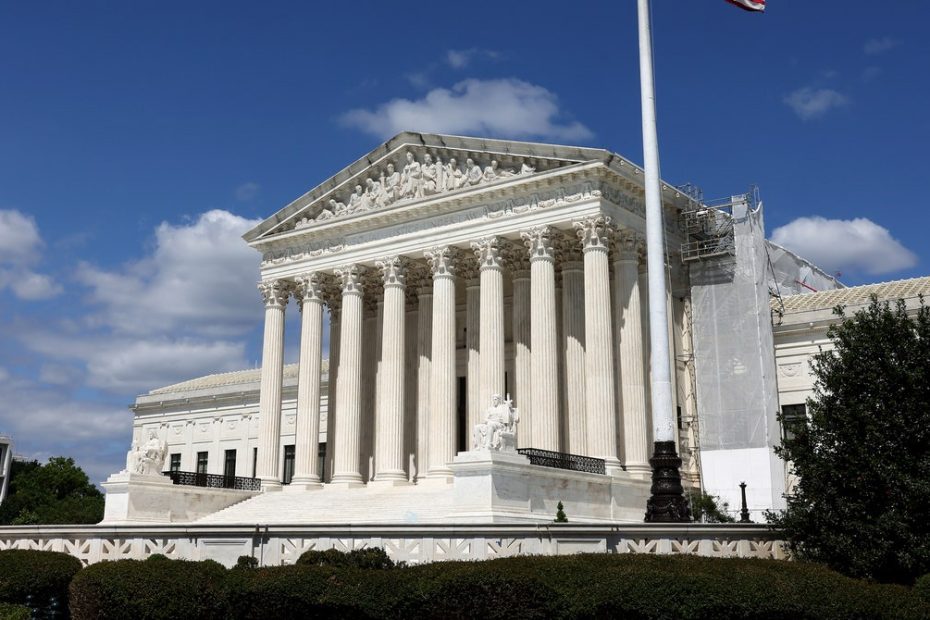SpaceX has used similar tactics in its battles with federal regulators. After the National Labor Relations Board accused the company in January of illegally firing eight employees for criticizing Musk in an internal letter, SpaceX filed a lawsuit claiming the agency’s structure is unconstitutional.
The overthrow of Chevron In particular, it means “we're clearly going to see more litigation,” says Berin Szoka, executive director of the Washington, D.C.-based independent think tank TechFreedom. For example, the FTC's decision in April to ban noncompete agreements is likely in jeopardy. Even though the agency has not relied on Chevron In its enforcement actions in recent years, the doctrine has given it a level of deference in courts when it comes to regulation. “There's a zero percent chance that argument wins now,” Szoka says.
Another decision that could be more easily challenged is the Federal Communications Commission's ruling, also in April, that reinstated Obama-era net neutrality rules that were repealed under the Trump administration. Net neutrality, advocates argue, is a key consumer protection principle that ensures that service providers can't treat some types of traffic (such as their own streaming services) better than others. The FCC's 500-page document on the ruling explicitly mentions Chevron as a law giving it the power to re-introduce the rules.
Szoka stresses that while the decision to overturn the ban, Chevron will likely create “confusion” in lower courts, but it is not a death sentence for the courts’ deference to regulators. Courts will now decide how much weight to give to regulators’ decisions — it could be a little or a lot — and it’s possible that some of those cases could eventually go before the Supreme Court, where the new rules would further clarify.
In the event of a second Trump administration, the recent changes could actually benefit progressives, Szoka points out. If the Trump administration fills agencies with leaders loyal to the president and carrying out his agenda, Szoka says, “I think you have to ask yourself, do you really want the courts to defer to those agencies?”
Meanwhile, Phillips-Sawyer says, other countries have already begun regulating tech companies in ways that affect American consumers. “Tying the hands of regulatory agencies could result in the European Commission transferring regulatory power from fast-moving tech industries to issues such as privacy, data portability, and access to and interoperability of digital platforms,” she says.
Phillips-Sawyer adds that the US is in fact lagging behind the rest of the world when it comes to key issues like antitrust: “The US invented competition policy – what we call antitrust – but not only are we not adapting to the modern era, we are also falling into political disengagement.”
With the death of ChevronCongress could step in and try to impose a similar level of deference on regulators. That strategy, however, is not guaranteed to succeed. “It's hard for Congress to ignore the Supreme Court precedent,” Vladeck says. “Congress could pass a law tomorrow that would Chevron rule, and the court would ignore it.”
With all the recent Supreme Court rulings undermining the power of the federal government and giving courts more latitude, something fundamental has changed, Vladeck said. “It's an imperial court now,” he said.
Correction: 7/3/2024, 3:00 PM EDT: A misspelling of Laura Phillips-Sawyer's name has been corrected.

